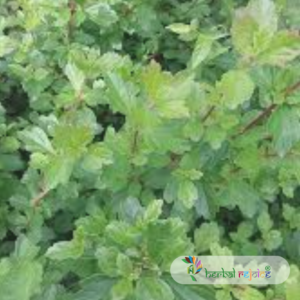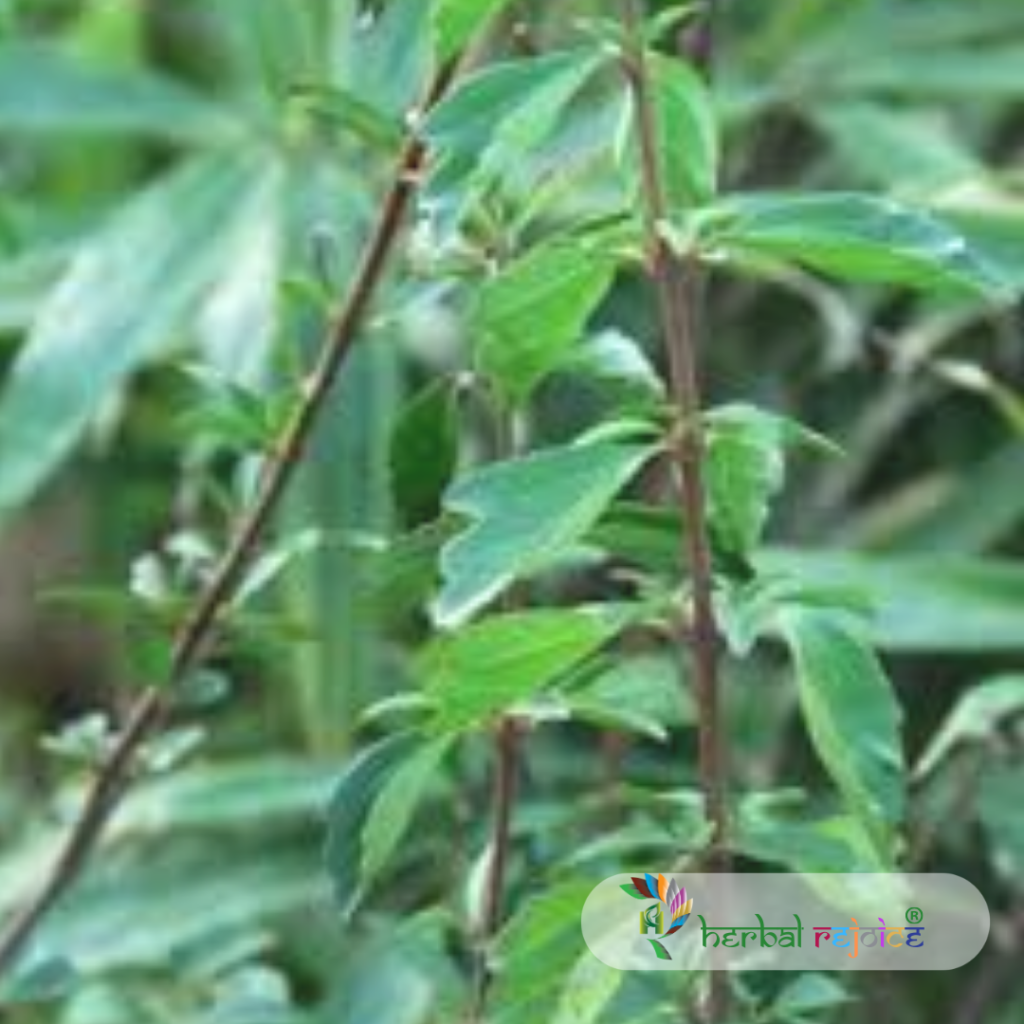Introduction
Viburnum foetidum Wall, also known as Narwel in Maharashtra, is a medicinal herb that belongs to the Caprifoliaceae family. It is commonly found in the Khasi hills at altitudes ranging from 900 to 1,800 meters. This herb has gained recognition for its various medicinal properties, particularly its astringent and antispasmodic effects.
Astringent Properties
The leaves of Viburnum foetidum Wall have long been utilized for their astringent properties. They are known to have a contracting and toning effect on the tissues, making them valuable in the treatment of conditions such as excessive bleeding. In fact, the juice derived from these leaves has been traditionally used in the management of menorrhagia, a condition characterized by abnormally heavy menstrual bleeding. The astringent properties of Viburnum foetidum Wall make it a potential substitute for the bark of American Viburnum, which is commonly used for its similar effects in uterine disorders.
Antispasmodic Effect
In addition to its astringent properties, Viburnum foetidum Wall is also recognized for its antispasmodic effects. It is believed to alleviate spasms and cramps in various parts of the body, including the uterus. This makes it a valuable herb in the treatment of conditions like dysmenorrhea, a painful menstrual disorder characterized by severe uterine cramps. The antispasmodic action of Viburnum foetidum Wall also lends it potential in managing postpartum hemorrhage, a condition that involves excessive bleeding after childbirth.

While Viburnum foetidum Wall has a long history of traditional use, it is essential to note that more scientific research is needed to fully understand its efficacy and safety. However, its traditional use in various cultures highlights its potential as a natural remedy for a range of conditions related to excessive bleeding and uterine disorders.
Conclusion
In conclusion, Viburnum foetidum Wall, also known as Narwel, is a valuable medicinal herb found in the Khasi hills. Its astringent and antispasmodic properties make it of particular interest in the management of conditions such as menorrhagia, uterine disorders, and postpartum hemorrhage. While more research is needed to fully validate its effectiveness, its traditional use warrants further exploration. Incorporating herbal remedies like Viburnum foetidum Wall into healthcare practices can provide a natural and holistic approach to managing various health conditions.
Frequently Asked Questions
What is Viburnum foetidum?
Viburnum foetidum Wall, commonly known as Narwel, is a medicinal herb belonging to the Caprifoliaceae family, native to the Khasi hills.
Where can Viburnum foetidum be found?
This herb is commonly found in the Khasi hills at altitudes ranging from 900 to 1,800 meters.
What are the medicinal properties of Viburnum foetidum?
Viburnum foetidum is recognized for its astringent and antispasmodic effects, making it useful in treating various health conditions.
How does Viburnum foetidum help with astringent properties?
The leaves of Viburnum foetidum have a contracting and toning effect on tissues, which is beneficial in treating conditions like excessive bleeding. The juice from the leaves has been used traditionally for managing menorrhagia, characterized by abnormally heavy menstrual bleeding.
What are the antispasmodic effects of Viburnum foetidum?
Viburnum foetidum is believed to relieve spasms and cramps in various parts of the body, including the uterus. This makes it valuable in treating dysmenorrhea (painful menstrual cramps) and may also assist in managing postpartum hemorrhage (excessive bleeding after childbirth).
Is there scientific research on Viburnum foetidum?
While Viburnum foetidum has a long history of traditional use, more scientific research is necessary to fully understand its efficacy and safety.
How can Viburnum foetidum be used in traditional medicine?
It is traditionally used for conditions related to excessive bleeding and uterine disorders. However, it is advisable to consult a healthcare professional before using this herb.
What should be considered when researching Viburnum foetidum online?
Using its scientific name ensures accurate and relevant information, filtering out unrelated data and leading to more reliable sources.
Are there any known side effects of Viburnum foetidum?
There is limited scientific data on potential side effects, so it is essential to consult with a healthcare professional before using it for medicinal purposes.
What is the significance of incorporating Viburnum foetidum into healthcare practices?
Incorporating herbal remedies like Viburnum foetidum into healthcare can provide a natural and holistic approach to managing various health conditions.


